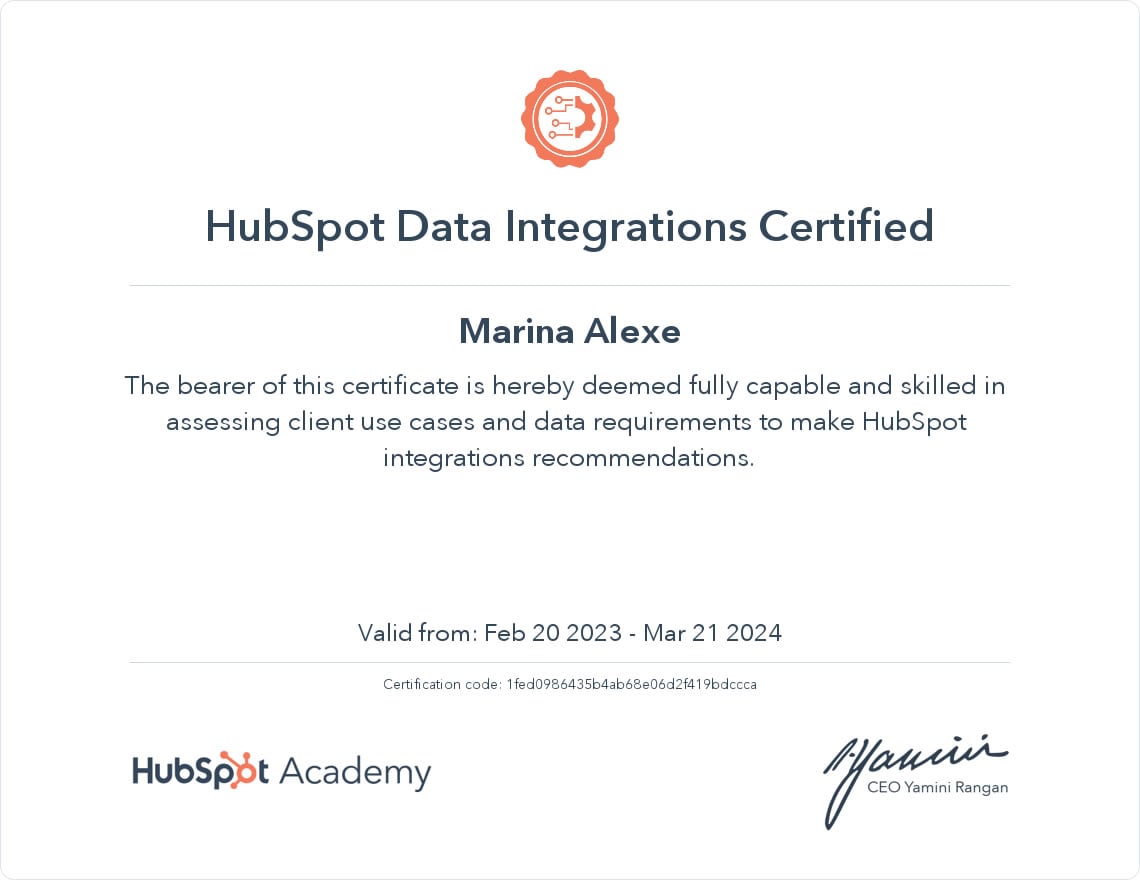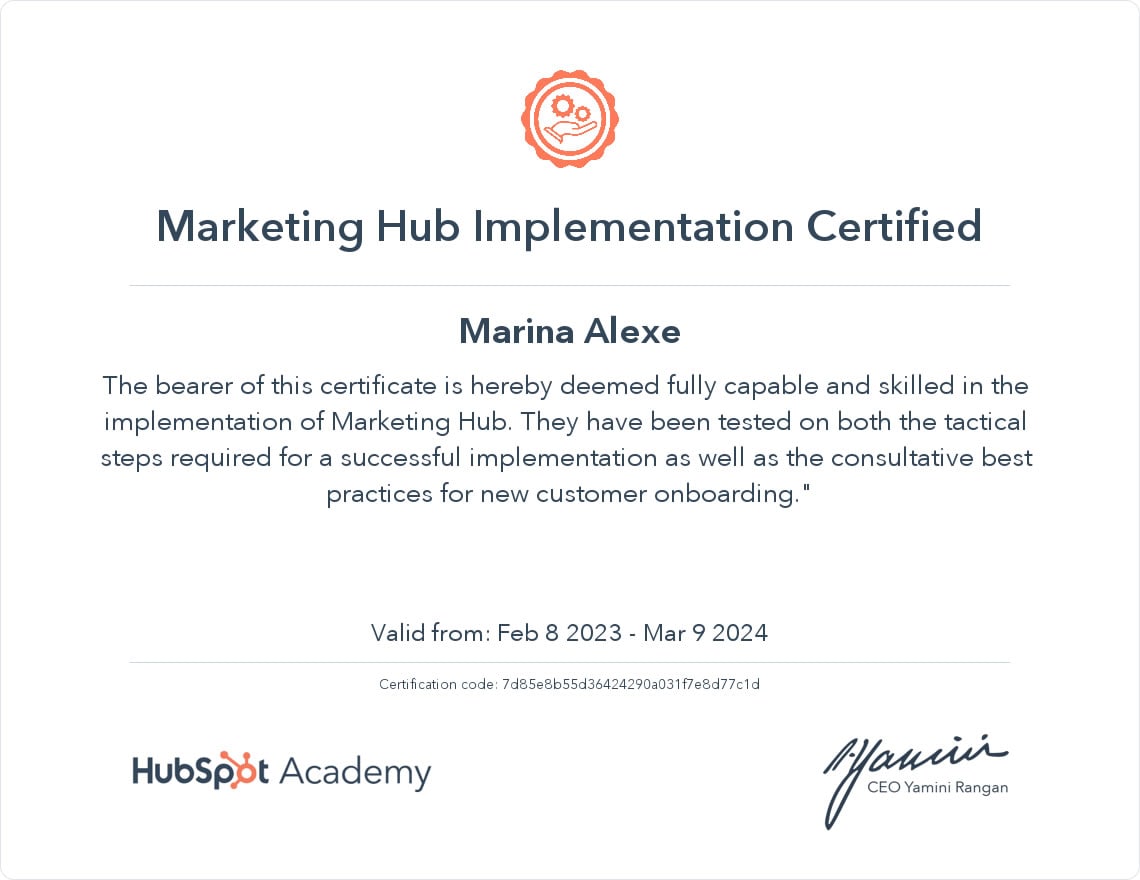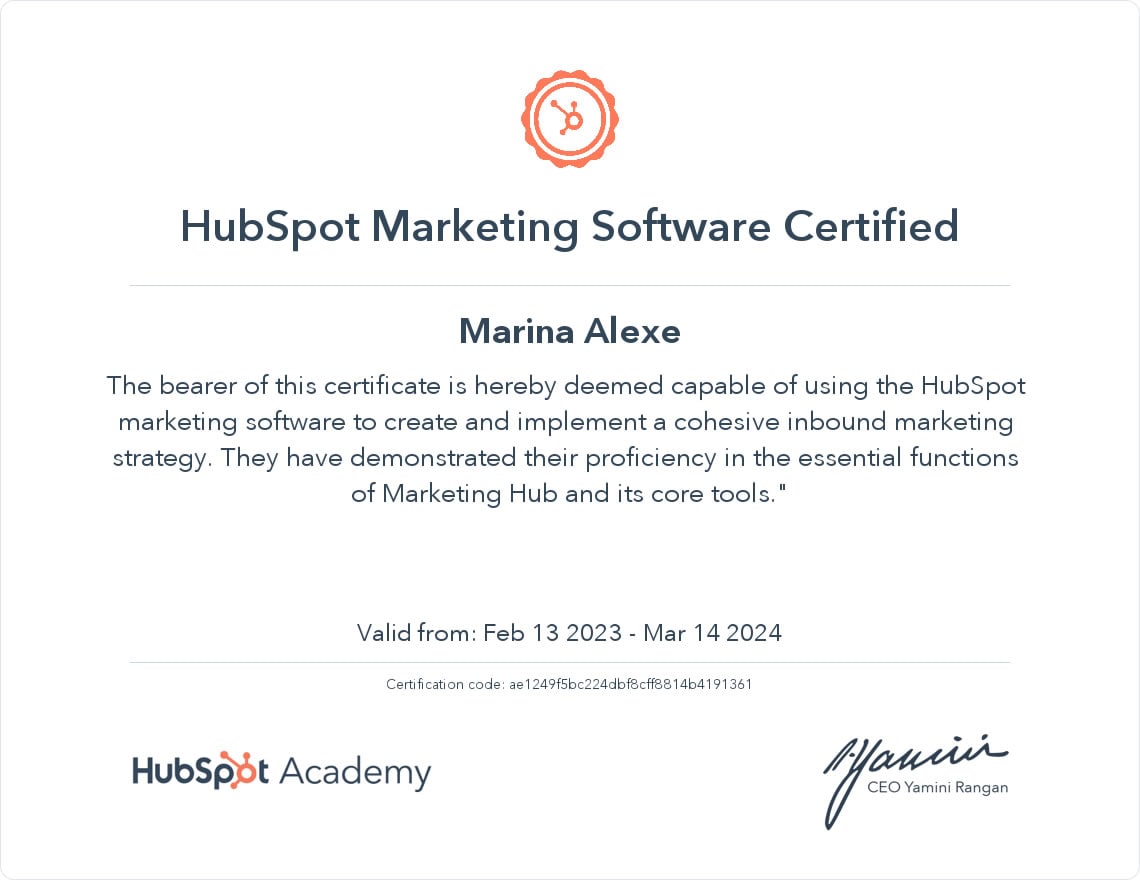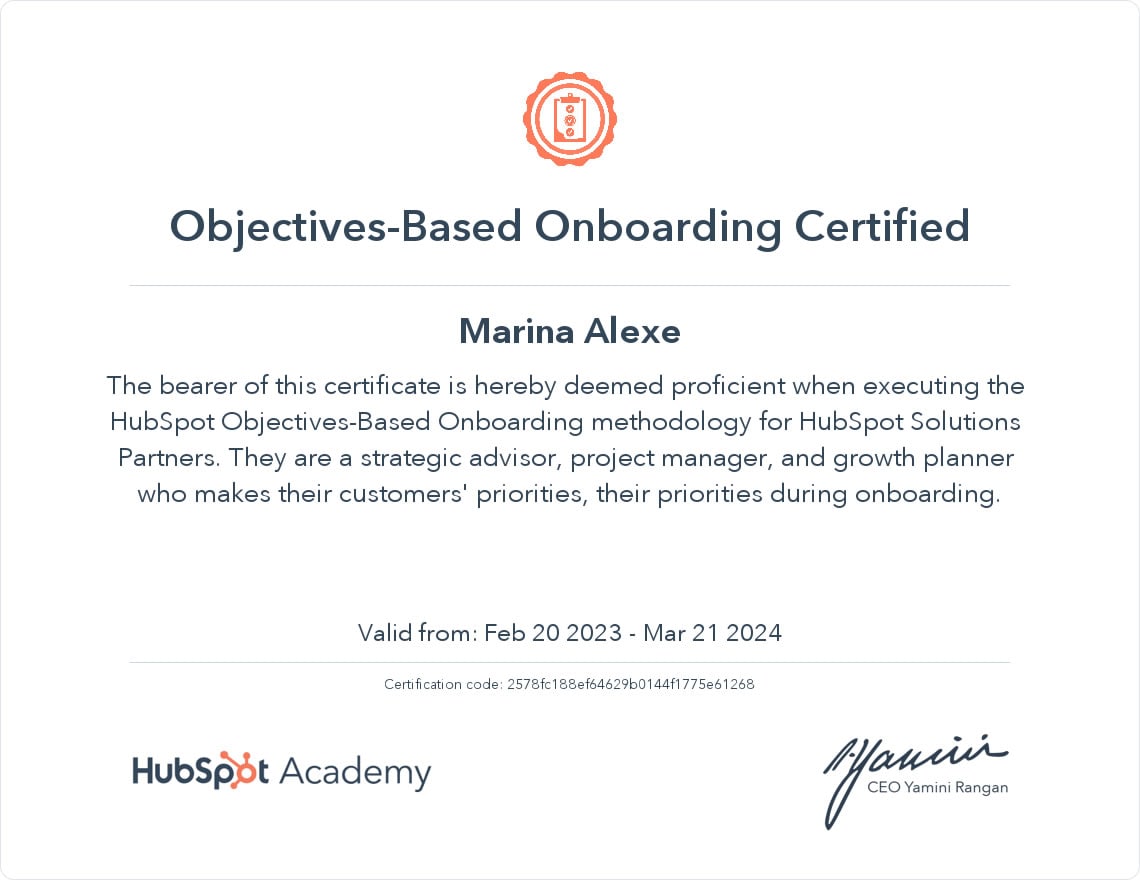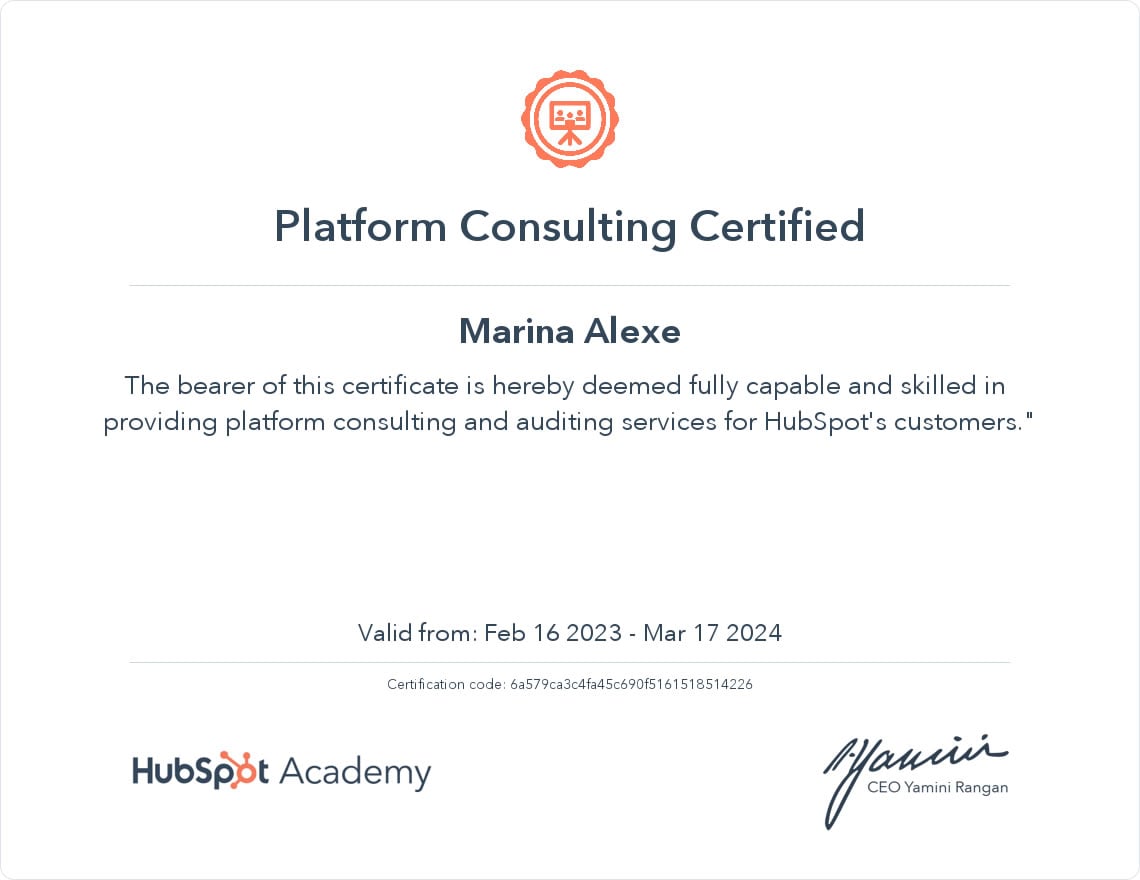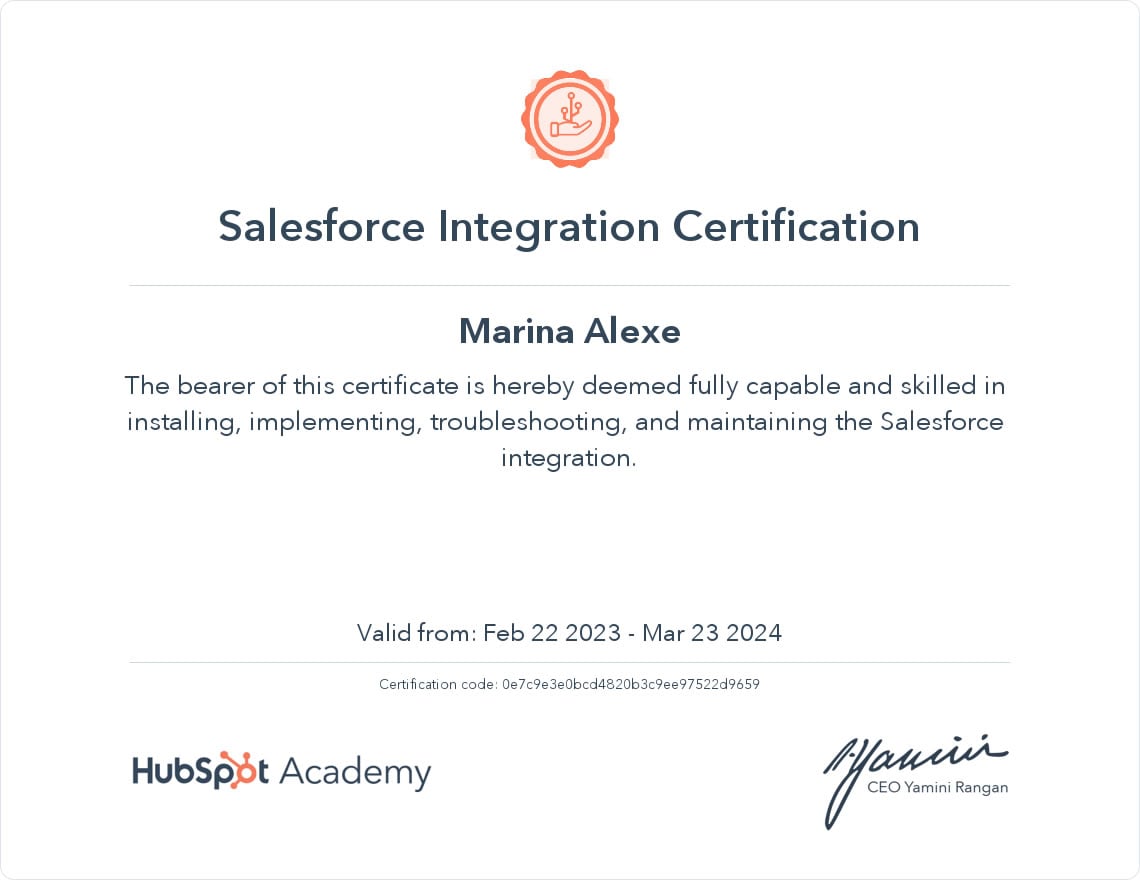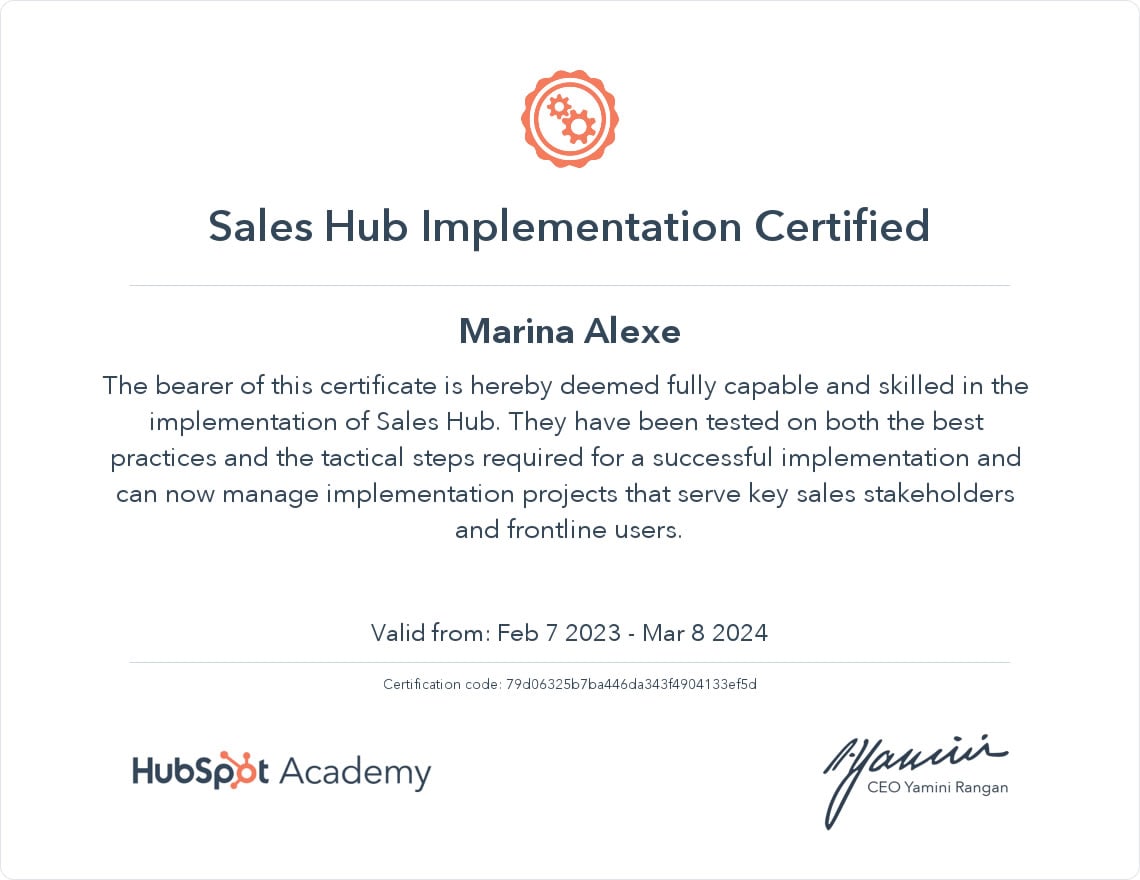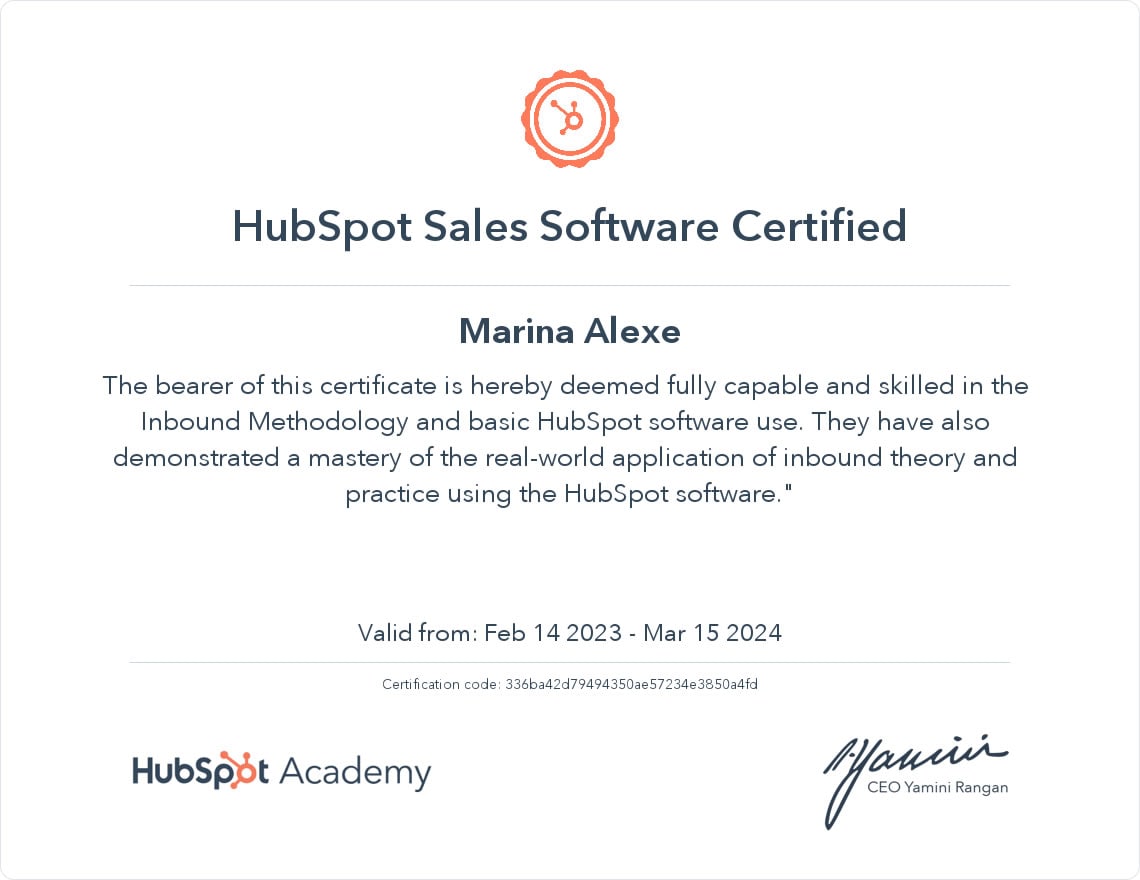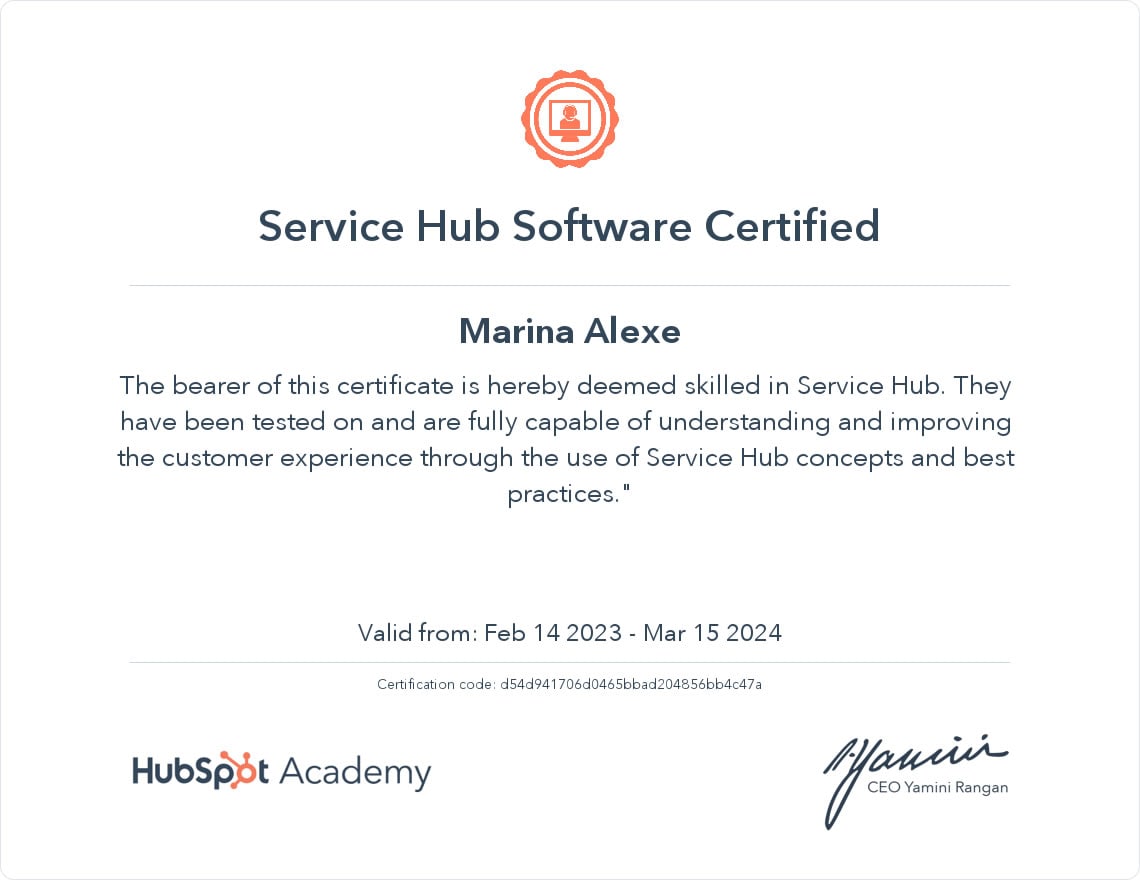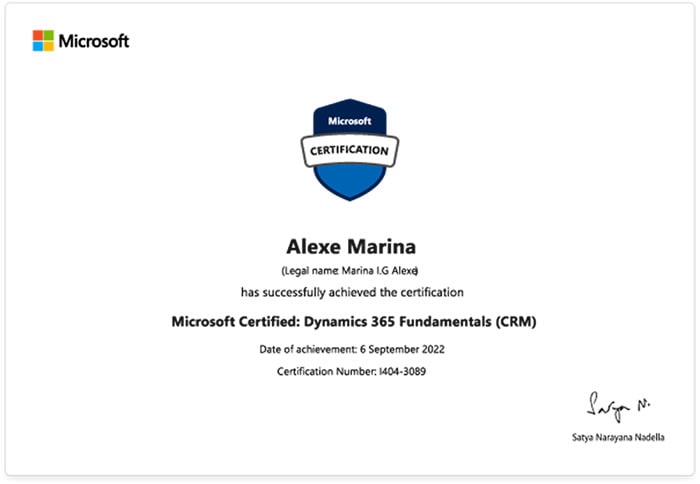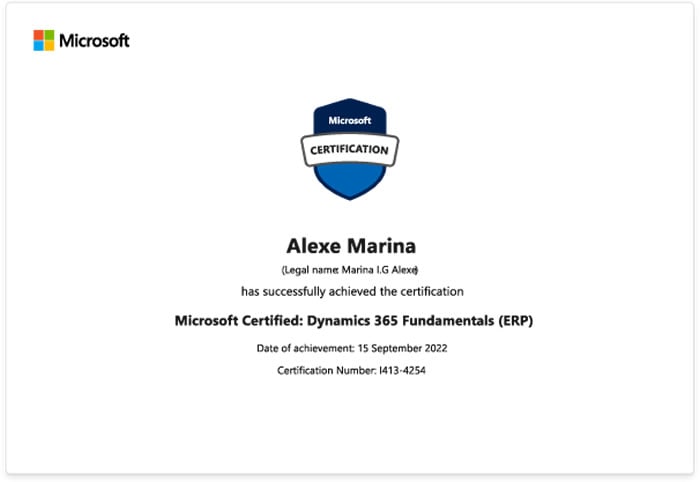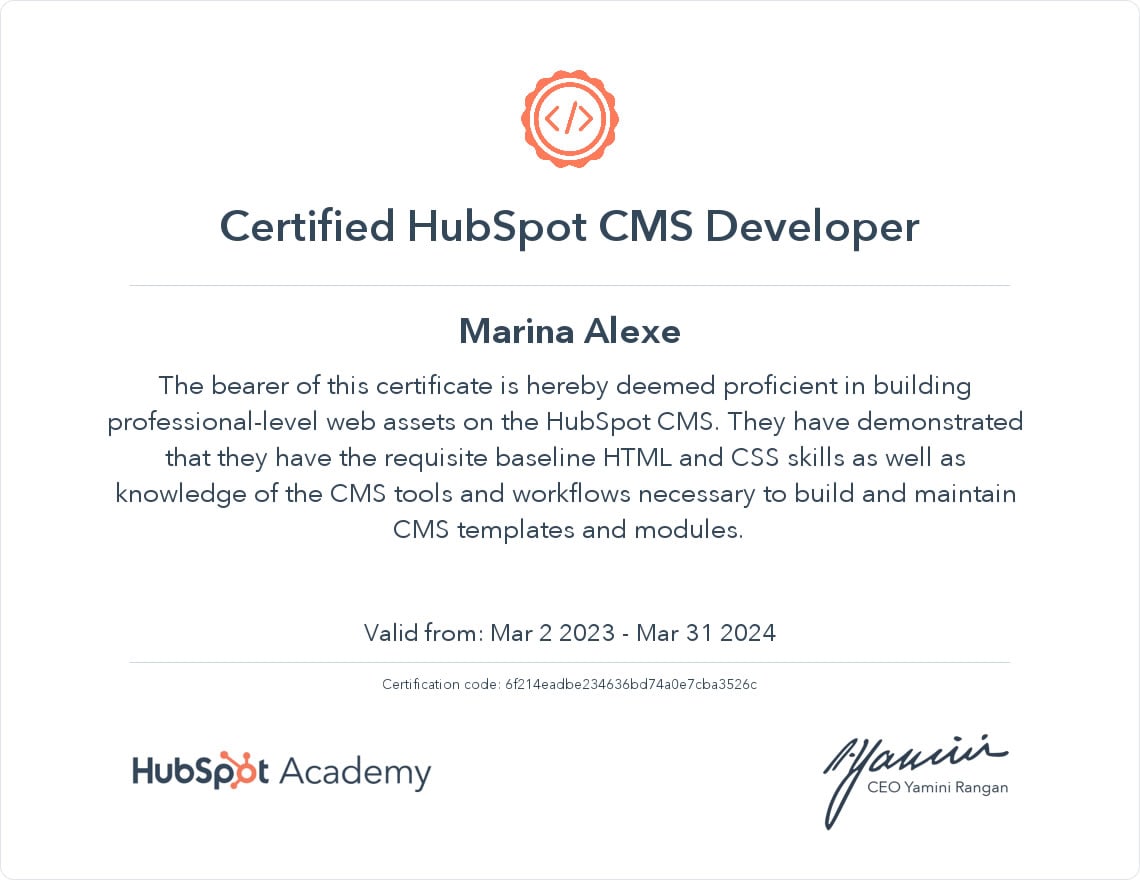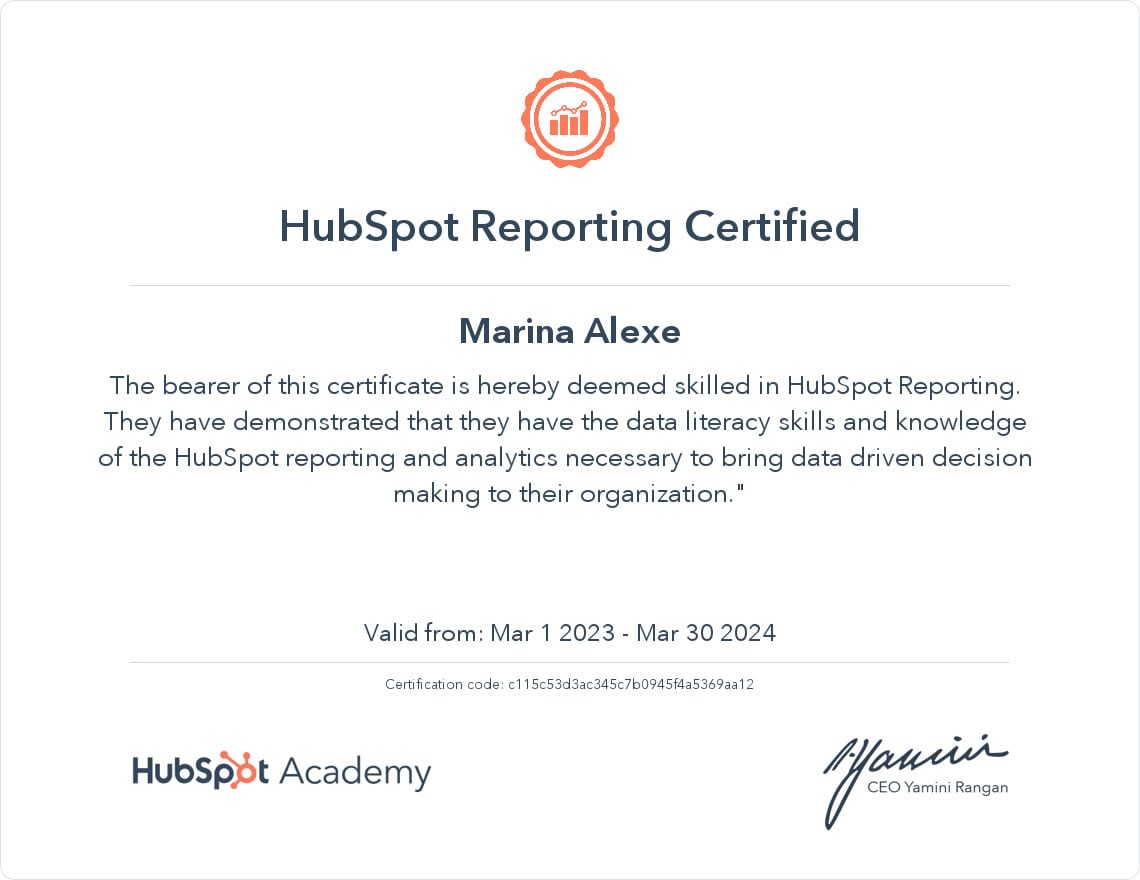Database solutions
Relational databases:
The elements in a relational database are organized into tables, with rows and columns. They are the right choice for cases where data integrity is very important (ACID compliant).
Examples: MySQL, Microsoft SQL Server, PostgreSQL, Oracle
Non-relational databases:
They have become an alternative to relational ones as web applications have become more and more complex. They are agnostic in terms of the scheme used, allowing unstructured or semi-structured data to be stored and manipulated.
Examples:
● Key-Value Stores: Redis, Amazon DynamoDB
● Wide-Column Stores: Cassandra, Apache HBase
● Document Stores: MongoDB, Couchbase
● Graph Databases: Neo4j


Interested?
Tell us about your company needs and
get a quote or our professional opinion.
Contact us
Full technology
stack
CRM and ERP
certifications

HubSpot Data
Integrations Certified

Marketing Hub
Implementation Certified

HubSpot Marketing
Software Certified

Objectives-Based
Onboarding Certified

Platform Consulting
Certified

Salesforce Integration
Certified

Sales Hub
Implementation Certified

HubSpot Sales
Software Certified

Service Hub
Software Certified

HubSpot CMS Developer
Certified

HubSpot Reporting
Certified

Microsoft Dynamics 365
Fundamentals (CRM)

Microsoft Dynamics 365
Fundamentals (ERP)
Latest
Announcements













